In This Month’s Newsletter
FREE THE SSG!
We recently changed the format for our SSG Standard Leagues, which are now set in the most recently completed major league season (2021).
For a limited time, creating an SSG Standard League team is free!
These leagues will not be included in the MaxScore rankings.
Here is your opportunity, if you haven’t tried the single season game and/or the accelerated (9 games per day) format, to give them a go!
MASTERS UPDATE
Tournament director Bob Jecmen reports on the 13th annual Masters Tournament:
The IS Masters is an annual tournament consisting of four separate rounds of custom Classic (career rated) and SSG (single season) themes designed to test the creative and adaptive skills of 72 participants across a wide variety of non-standard league parameters.
The Masters, like its golfing namesake, utilizes cumulative scoring from the four rounds to determine the championship and final rankings. The 2022 Masters is the 13th running of this highly competitive tournament and is presently midway through its 2nd round.
The first round of the 2022 MT used a Classic franchise roster segment theme, where each participant drafted a franchise for IF, OF, SP and C+RP Round 1 was dominated by Mike Stoops, who coupled his tournament-best 109-win regular season with a World Series championship in League 1.4 to earn an outstanding 129 points.
The second round of the tournament consists of two accelerated seasons, where the first Classic season-ending roster must be replicated in the second SSG season of the round. Finding the right balance of a value roster spanning both the Classic and SSG player pools is key to a successful strategy in this two-season round.
Round 2 is nearing completion of its Classic first season and participants are busy fine-tuning their rosters to find that balance between their Classic and SSG teams.
NEW FEATURES
We’ve recently added a number of new features to Diamond Mind Online:
- You can now choose to allow loans when creating accelerated (9 games per day) leagues. How interest calculations will work is described in detail in the “Tipping Point” section of this newsletter.
- For SSG, in your player usage table, you can now opt to display PTL for pitcher batting.
- When drafting SSG teams, your running total PTL PA and IP are now displayed on your Draft Team page.
- The total salary of Batters, Pitchers and players on Inactive Reserve now appears at the bottom of the respective sections on your Roster page.
We’ve noted the appearance of a new sim wish list on the message board, and will be reviewing and implementing some of the suggestions made in the near future.
REGISTRATION IS NOW OPEN FOR SEASON 50 OF THE LADDER LEAGUES STANDARD ASSOCIATION
The Ladder Leagues Standard Association has reached its Golden Anniversary! Registration is now open for Season 50.
For those unfamiliar with them, the Ladder Leagues operate similarly to European soccer. The Standard Association presently is comprised of six ranked leagues. At the end of each Ladder Leagues season, the top teams from each league are promoted to higher leagues and the bottom teams are relegated to lower leagues. The promotion and relegation system in the Ladder Leagues ensures competitive leagues with similarly-skilled owners.
Standard Association leagues are autodraft leagues. There are two other Ladder Leagues associations – the Random 600 Association and the SSG Association – which are manual draft leagues and run on their own schedules.
The Standard Association uses all Standard League rules, with the DH on or off in alternate years. In Season 50, the DH will be off.
If you’d like to give the Ladder Leagues Standard Association a try, you can register here.
NO-NO-NO-NO
Diamond Mind Online simulates the equivalent of multiple major leagues seasons daily. That, and the unusual formats of many DMO leagues, afford players and teams opportunities to match, or exceed, even the rarest of major league accomplishments.
In major league history, there has been just one instance of a pitcher throwing consecutive no-hitters: Johnny Vander Meer in 1938. Vander Meer no hit Boston on June 11, then four days later he no hit the Dodgers (in what was the first night game ever played at Ebbetts Field).
Cliff Lee recently matched Vander Meer’s feat for Bruce (Redhook) Warner’s Lord of the Idiots 32 team in the TURBO FUN AGAIN 11 league, and he did it in consecutive starts against the same team. He no hit the Alley Cats VIII on the road at Coors Field, then, in his next start, he faced the Alley Cats at home at Fenway Park and no hit them again!
CUSTOM LEAGUES KINGS
If you want to play in a tried-and-true format and create your team right now, standard leagues (Classic and SSG) are open to the public 24/7. But if you want to try something different, Custom Leagues – created by customers – are there in abundance.
There are franchise leagues, progression leagues, captains leagues, high and low salary cap leagues, “rags to riches” leagues, alphabet leagues, place of birth leagues … the possibilities are limited only by your imagination.
Diamond Mind Online would not be the same if the Community did not include some of the most clever and prolific creators of Custom Leagues. We’ll be featuring one of these in this space each month.
This month we’re visiting with David (dds17) Sherwood. At any given time you’re sure to find one or more of David’s many progression leagues in the Custom Leagues list. Here’s what David had to say:
Q: Tell us something about yourself: age, occupation, marital status, where you live, and interests (apart from DMO, of course).
A: I am 50 years old and my wife and I have a son in high school. I grew up on the West Coast, a Dodgers fan, but have lived in various parts of the East Coast all my adult life.
I stopped following baseball for much of my teens, but came back to it, of all places, through an economics class. I wanted to write a term paper explaining why married men make more money than unmarried men. My professor rejected all my research ideas, but steered me in the direction of sports, because of the wealth of statistics about “job performance.” I found someone who had collected a database of baseball stats and salary information, but I had to collect the players’ marital status myself by combing through all the teams’ media guides at a local sports museum’s archive. After I’d filled my head with the names of every player in the league, I decided to have fun with it by joining an online rotisserie baseball league. Around that same time, I discovered the writing of Bill James.
My interests outside of DMO include a love of old movies, science fiction and fantasy novels and travel.
Q: When did you start playing DMO and how did it first come to your attention?
A: Like many others, I first started playing the precursor to DMO at ESPN. I was sad to see it go, but soon after found myself beta testing the DMO game and have stuck with it ever since.
Q: What is it that you like about progression leagues?
A: I’ve played all sorts of leagues, but the ones I play most consistently have been progression leagues. One of the things that appeals to me about progression leagues is that they feel more realistic to me. It can be fun to play in a league where Babe Ruth faces off against Randy Johnson, but the DMO simulation engine can only make an educated guess about how a matchup between players of very different eras would be. On the other hand, I think it does a great job in simulating matchups between players of the same era. As a result, I feel more like a GM of a team when I’m playing a progression league.
And it still leaves room for a lot of variety. I’ve played progression leagues with both the Classic and Single Season player catalogs, with both live drafts and autodrafts. I’ve played progression leagues that run a year at a time, but also two at a time, three at a time, five at a time and a decade at a time. I’ve played in both franchise-based leagues and free-for-all keeper leagues, where everyone is initially up for grabs. Some of those leagues have relatively simple rules, while others have complicated drafts, including a progression league that played in real time, playing the 2019 season when it was released, then the 2020 season, etc., where everyone drafted a pool of prospects who had yet to reach the majors. Trading is a major part of baseball, but it rarely happens in a DMO season, except in progression leagues. Some of the progression leagues I’ve been in have had a number of trades each and every season.
Q: What makes a good progression league?
A: I think a good progression league needs to strike the right balance between having a player pool that doesn’t feel dauntingly large while still giving each owner the ability to make choices that can impact their rosters. My favorite type of progression leagues are the Single Season franchise leagues I’m running right now, where we play five years at a time, starting either in 1921-25 (for leagues with only the original 16 franchises) or in 1971-75 (for leagues with expansion franchises too). With five years’ worth of player-seasons, there are plenty of choices to make, and even franchises that may have struggled in real life can compete if they can draw from the best player-seasons over those five-year periods. When I ran leagues with the same basic structure but using the Classic catalog, I used ten-year periods, because the Classic player pool is so much smaller.
Q: Is there any advice you would give to people who haven’t played in a progression league before, but would like to give it a try?
A: Some progression leagues can be more complicated than others, and some progressions can take years to complete while others take only months. My advice would be to start with a progression with a manageable set of rules that won’t take years to complete, to see whether you like it. You’ll get the most out of the experience, and you’ll be doing your fellow league-mates a service, if you can play out the whole progression, so it’s best not start out too ambitious.
I would also say that playing in progression leagues takes some patience. It’s very hard to have a great team each and every season. There will usually be an ebb and flow to a progression. For example, playing the A’s in a progression can be a lot of fun in the early seasons, but more of a challenge in the 40’s and 50’s, before it becomes fun again in the 60’s. Those 40’s and 50’s seasons can still be rewarding, though, as you try to exceed expectations, even if you lose more games than you win. With that in mind, I’d also say that progression leagues may not be for you if you care a lot about your MaxScore. To me, that trade-off is well worth it.
Last thing I want to say is thanks to all those that have participated in my leagues. I’ve had a blast with DMO progression leagues thanks to all of you.
THE TIPPING POINT
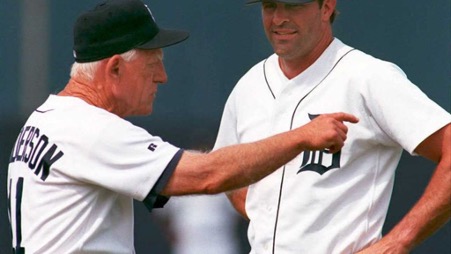 Each month we’ll offer a few tips in this space that may come in handy for the beginner as well as the experienced team owner.
Each month we’ll offer a few tips in this space that may come in handy for the beginner as well as the experienced team owner.
Here’s how loans in accelerated leagues will work, with a few general tips about timing when taking out a loan:
Each “real” day in the preseason, and each “real” Sunday during the regular season, counts as one “day” when computing interest payable on a loan over a “virtual week”.
Each “real” day during the regular season counts as three “days” when computing interest payable on a loan over a “virtual week”. Each three-game series occurs on a single “day” in this computation.
The day “ends” at the time each sim run is scheduled: midnight, 9 a.m. and 3 p.m. PT. So, if you take out a loan at 3:01 p.m. PT, you will be paying one less day’s interest than if you take out the loan at 2:59 p.m.
This means, in effect, that you can take out a loan to acquire a player in the interval between the start of a sim run and your team’s games being simmed, and not pay interest for that first day/series that the player is on your team. The same is true for loans in three games per day leagues.
There is one peculiarity that causes a divergence between the computation of interest in three games per day and nine games per day leagues:
In three games per day leagues, the first day of every week (immediately following the previous week’s payout) is a Sunday. But in nine games per day leagues, only “weeks” 4 and 7 begin with a Sunday. The effect of this difference is that in accelerated leagues, the “weekly” interest rate applicable to weeks 2, 3, 5 and 6 actually is just 6/7 of the league’s weekly rate.
In any type of league, it pays to wait until after 3 p.m. PT Sunday to take out a loan, so that you are charged one less day’s interest on the loan. And, if you’re in a three games per day league and taking out a loan to add a starting pitcher to your roster, you could even wait another day, inserting him in your rotation in the third or fourth position, to reduce interest even further.


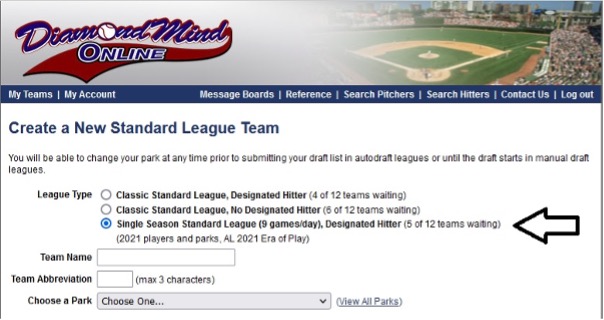
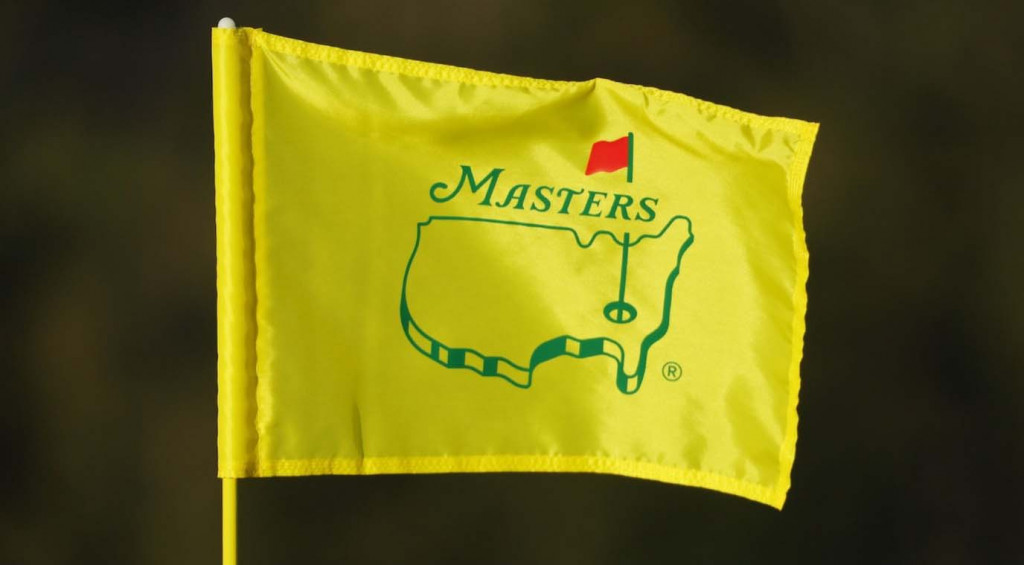

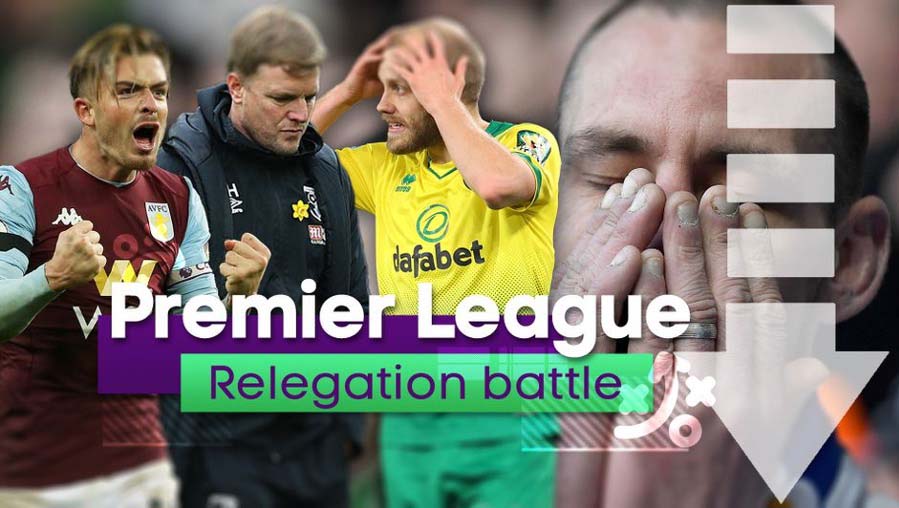
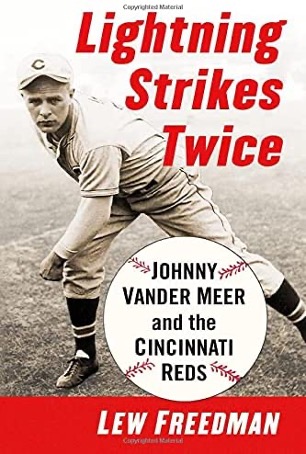

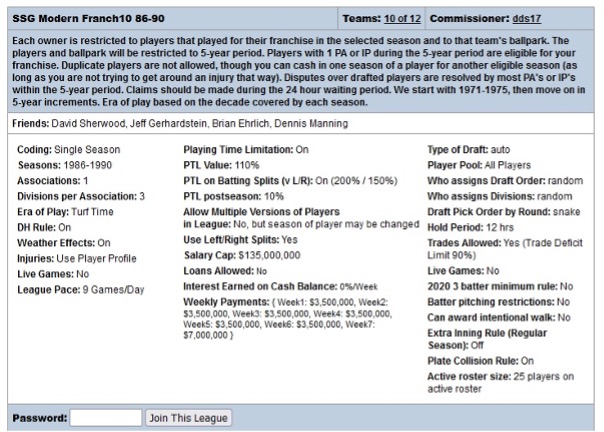
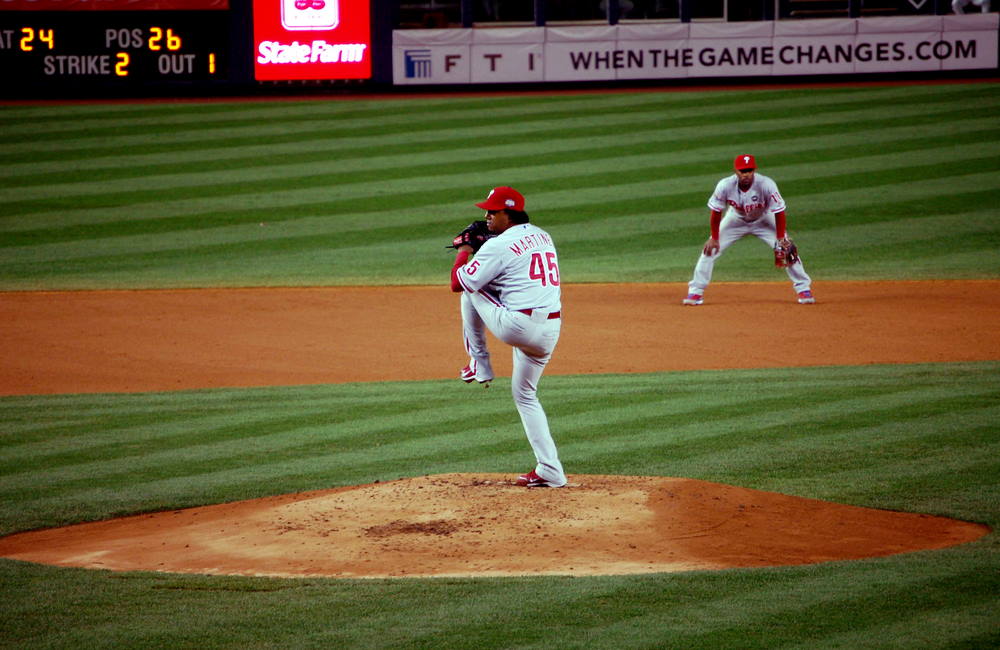

When is the 2022 projection season coming.